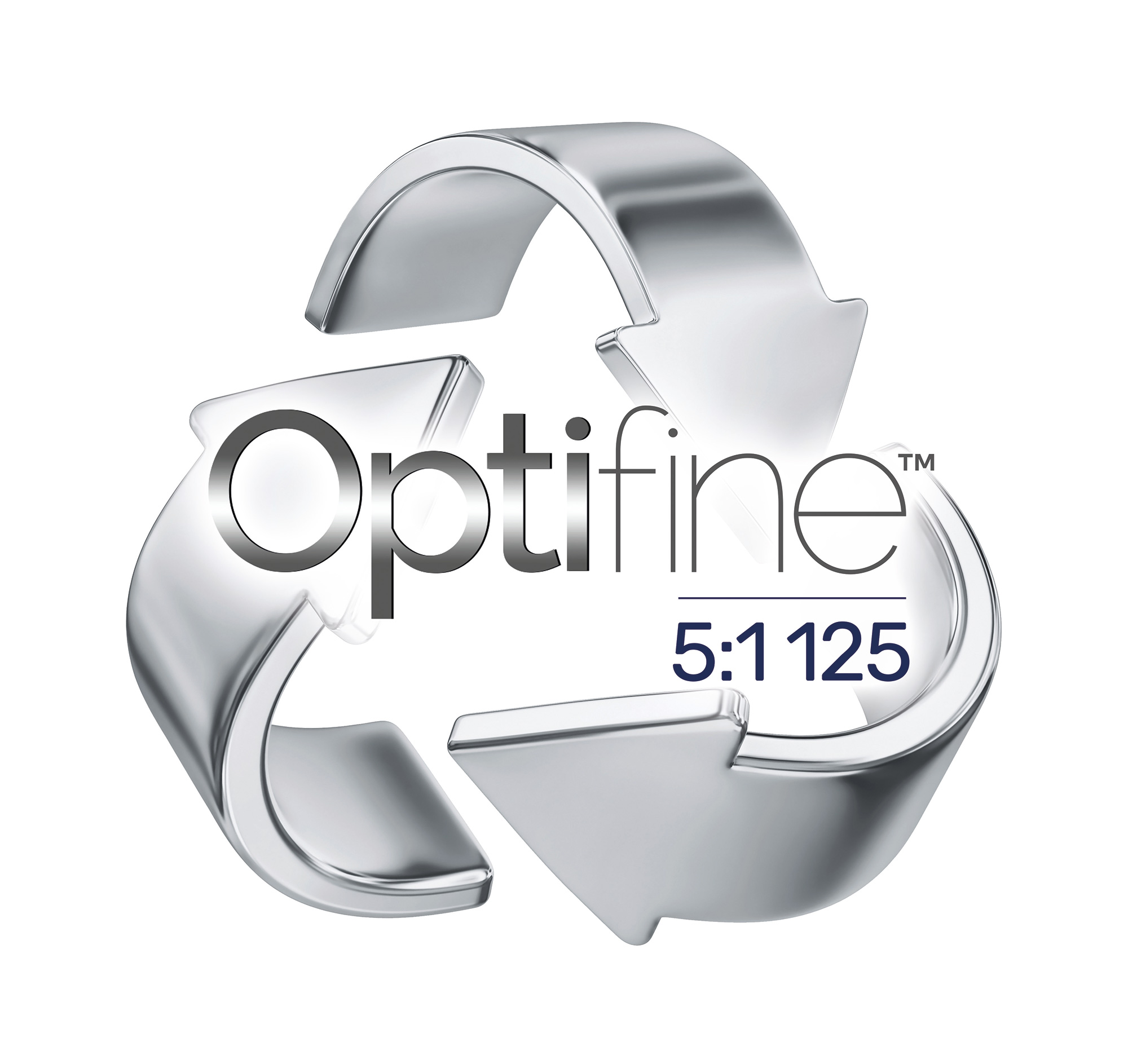Leading grain refiner specialist MQP – which is set to present new technical research at TMS 2023 in the US this month – has committed to the advancement of sustainable manufacturing by making the production of its super-efficient Optifine 5:1 125 a ‘closed loop’ process.
The award-winning British company is now not only producing its 125% efficiency grain refiner with low carbon aluminium, but is recycling customers’ scrap to make the cost-saving product – which customers can then buy back and improve their own sustainable roadmap.
MQP chairman John Courtenay, who will be presenting the pioneering research behind Optifine 5:1 125’s incredibly high efficiency at TMS, said: “Making vehicles lighter and creating electrical infrastructure and solar panels, aluminium is a game-changer when it comes to energy transition towards low carbon energy sources and we expect demand for this highly-sustainable metal to grow massively by 2050.
“This year, we have started making our Optifine 5:1 125 grain refiner with low carbon aluminium, manufactured using hydro-electric power or wind power results in far lower polluting CO2 emissions, and we aim to convert all our grain refiners, including Optifine 5:1 100 and Optifine 3:100, to this low carbon process in the near future.
“On top of this, we are rolling out a service where we take customers’ production scrap aluminium and melt it down to create our Optifine grain refiners, as well as master alloys, which they ultimately buy back. Making our grain refiners on a closed loop recycling basis is very attractive as customers endeavour to improve their sustainable practices in a meaningful way that goes towards meeting global emissions targets.”
Ultimately, the manufacture of grain refiner does produce noxious fluoride emissions.
To make one tonne of grain refiner, you need 117kg KBF4 and 251kg K2TiF6. This equates to 368kg of fluoride salts per ton of refiner produced, or around 36,800t consumed per year worldwide. From this 350 kg/t of KAlF4, 35,000t remains as by-product, which has to be disposed of, most of which finds application in fluxes for treating aluminium. From the balance, a substantial amount of F2 is ultimately released into the atmosphere.
However, if the world was to adopt Optifine, fluoride by products and emissions would be reduced by two thirds. The 125% higher relative efficiency of Optifine 5:1 125 means less energy as less refiner needs to be added to the melt, which also means less coil changes and transportation around the casthouse and lower warehouse inventory.
John said: “With Optifine 5:1 125, casthouses need up to 90% less grain refiner, making huge cost savings while achieving excellent melt quality by preventing unwanted razor streaks, cracks and defects, especially in alloys with high tensile strength and high surface quality typically used in automotive applications.”
The Optifine product range has been developed over 10 years of working with casthouses to improve operational productivity together with five years of fundamental research into nucleation conducted at Brunel University. It is now used in the production of over five million tonnes of alloys a year at 45 major casthouses worldwide.
“By improving efficiency, we are going even further in preventing common defects such as pin holes in thin sheets and foils for food and medical packaging applications, black-line defects in litho plates to tears in beverage cans,” said John. “We are also key in ensuring excellent surface quality and extrudability in billets for automotive extrusions such as trims and rails on SUVs and high gloss surfaces for luxury and sports cars.”
MQP operates through a network of consultants and distributors with representatives and offices in all parts of the aluminium world, from Australasia to South Africa, Europe to the Americas.
Find out more about how MQP, which won Most Innovative Company at the international BizX Awards 2022, can help casthouse operations. To find out more about the development of Optifine 5:1 125, the mechanism of zirconium poisoning in grain refiner and using state-of-the-art high resolution transmission electron microscopy to unlock the secrets of nucleation at the atomic level, visit MQP’s TMS symposium event page.

